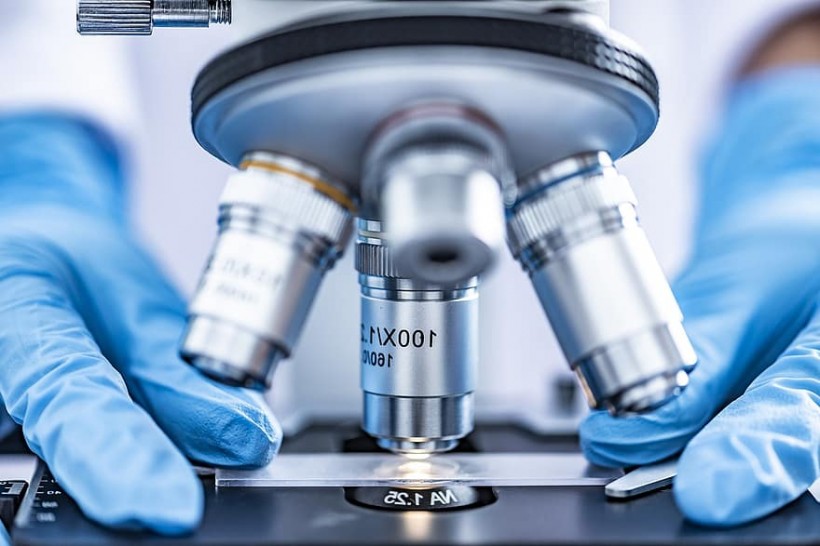Life sciences industry association BioNova has announced the semifinalists for its 10th annual BioInnovation Challenge pitch competition.
On Nov. 3, the eight companies will deliver virtual pitches as part of the BioPort 2020 virtual biotech conference. The winner will receive a $25,000 grant and $30,000 worth of in-kind services.
The semi-finalists will also receive business training and pitch coaching from New England biotech startup coach Linda Plano, who is a former member of the board of directors for the MIT Enterprise Forum.
BioNova Executive Director Scott Moffitt said in an interview that there has been a gradual increase in the quality of BioInnovation competitors over the past decade.
“If you take two companies that are at the exact same stage 10 years ago versus today, today’s company is a little more sophisticated,” he said. “And I think that’s a clear sign that the overall capabilities and business acumen are increasing.”
About 50 companies have participated in the BioInnovation Challenge since its inception. The 2011 winner ABK BioMedical raised a US$30 million funding round last year.
The eight semifinalists are:
3D BioFibR
Nova Scotia
This company is developing technology to make collagen-based “scaffoldings” for tissue cultures. Because the material can be imbued with antimicrobial chemicals, it can be used in bandages to help wounds heal faster.
Charlottetown
AffinityImmuno has developed a SARS-CoV-2 antibody test that can be used to measure patients’ responses to possible vaccines, track the spread of the virus in the population and monitor how long immunity lasts in recovered patients. SARS-CoV-2 is the virus that causes COVID-19.
Halifax
Clever Fruit is working on a fermentation process to make fruit nutrients more easily absorbed by the human body. It hopes to use the technology to create a blueberry product that will lower consumers’ cholesterol.
eNable Analytics
New Brunswick
Enable is using machine learning to adapt mobility aids such as canes and walkers into devices for monitoring users’ movements. An artificial intelligence system will use the tracking data to garner insights about patients’ health.
Halifax
Greenlight is developing a modified mass spectrometer -- a machine that analyzes the chemical composition of substances and lists their contents -- that will measure the quality of cannabis crops without the need for slow and costly lab testing. Unlike conventional mass spectrometers, Greenlight’s device is meant to be operated by users without specialized scientific training.
Parados Cerebral Solutions
Fredericton
Parados is developing a mouth guard with sensors that will allow athletes to know whether they have sustained a head injury that is likely to lead to a concussion. Eventually, an artificial intelligence system will be able to offer insights into the cumulative effects athletes face when they suffer repeated brain injuries.
Swiftsure Innovations
Pasadena, Newfoundland and Labrador
Swiftsure is developing a device to facilitate the moisturization and cleaning of ventilator patients’ mouths and noses by flushing them with fluid. The process is meant to limit the creation of aerosols, which can sometimes spread disease.
Halifax
Symbi’s software allows medical professionals to monitor and communicate with patients remotely and automate some types of follow-up care. The platform is targeted primarily at patients suffering from digestive problems.










